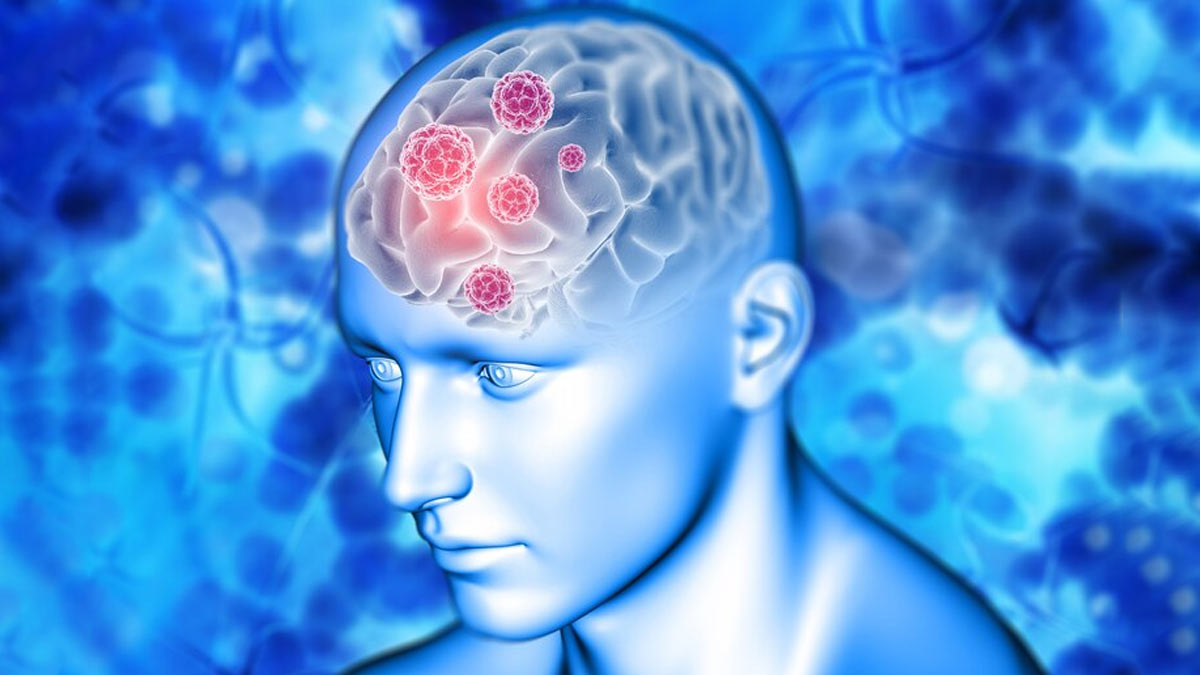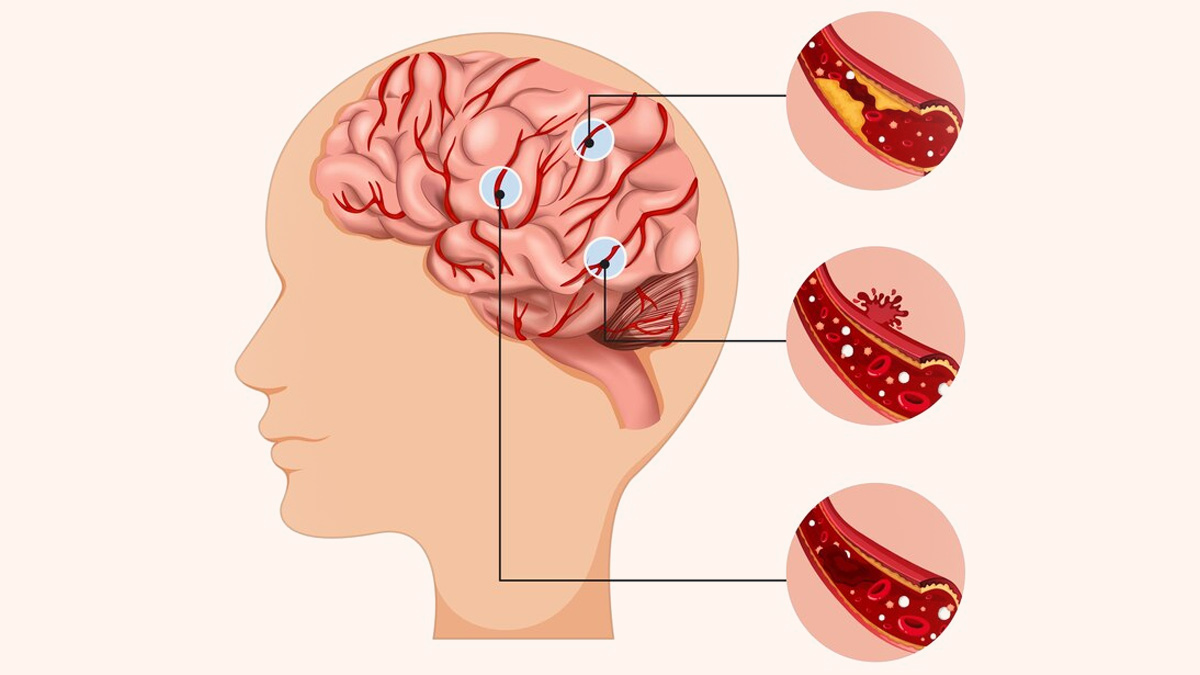
A blood clot in the brain, also known as a cerebral thrombosis or stroke, is a serious medical condition that requires immediate attention. Identifying the symptoms of a brain blood clot is crucial for receiving timely medical intervention and minimising the risk of long-term damage.
Table of Content:-
Brain Blood Clot Symptoms
We spoke to our expert Dr Bhumesh Tyagi, General Physician - Sharda Hospital to shed some light on the same. Here are eight key symptoms of brain clot to be aware of:
1. Intense Headache
One of the most common symptoms of a brain blood clot is an intense headache, often described as the worst headache of one's life. This headache can come on suddenly and may be severe and debilitating.
2. Weakness or Numbness
Brain blood clots typically affect one side of the body, leading to weakness or numbness in the face, arm, or leg on that side. This weakness or numbness may occur suddenly and can range from mild to severe.
3. Speech Difficulties
Difficulty with speech is another prominent symptom of a brain blood clot. This may manifest as slurred speech, difficulty pronouncing words, or trouble understanding language. Speech difficulties can be alarming and should not be ignored.

Also Read: Can Excessive Coffee Consumption Cause Acne? Expert Reveals Truth
4. Vision Changes
Abrupt changes in vision are common in individuals with a brain blood clot. These changes may include double vision, blurred vision, or even a loss of vision in one or both eyes. Vision changes can be sudden and may occur without warning.
5. Dizziness and Loss of Balance
Feeling dizzy, unsteady, or experiencing a loss of balance and coordination are common symptoms of a brain blood clot. These symptoms may make it difficult to stand or walk without assistance.
6. Difficulty Walking
A sudden onset of difficulty walking or changes in gait may also be observed in individuals with a brain blood clot. This can manifest as stumbling, difficulty lifting the legs, or a lack of coordination while walking.

7. Loss of Consciousness
In severe cases, individuals with a brain blood clot may lose consciousness or experience a fainting episode. Loss of consciousness is a medical emergency and requires immediate attention.
Also Read: Summer Fruits Alert: Beware of These 5 Digestive Disruptors
8. Disorientation and Confusion
Disorientation, confusion, or difficulty comprehending information or surroundings may also be present in individuals with a brain blood clot. They may have trouble recognizing familiar faces or places and may seem confused or agitated.
It's important to note that the severity and combination of symptoms can vary depending on the size and location of the blood clot in the brain. Additionally, some individuals may experience only a few symptoms, while others may exhibit multiple symptoms simultaneously.
If you or someone you know experiences any of these symptoms, it's crucial to seek immediate medical attention. Time is of the essence when treating a brain blood clot, as prompt intervention can help minimise damage to the brain and improve the chances of recovery.
In the emergency room, healthcare providers will perform a thorough evaluation, which may include imaging tests such as a CT scan or MRI to confirm the presence of a blood clot. Treatment options may include medications to dissolve the clot (thrombolytics), procedures to remove the clot (thrombectomy), or medications to prevent further clotting (anticoagulants).
In addition to medical treatment, rehabilitation may be necessary to help individuals regain lost function and improve their quality of life after a brain blood clot. This may involve physical therapy, speech therapy, occupational therapy, and other interventions tailored to the individual's needs.
A Final Word
Recognising the symptoms of a brain blood clot is essential for early detection and prompt treatment. By understanding these symptoms and seeking immediate medical attention when necessary, individuals can improve their chances of a successful recovery and minimise the risk of long-term complications.
Also watch this video
How we keep this article up to date:
We work with experts and keep a close eye on the latest in health and wellness. Whenever there is a new research or helpful information, we update our articles with accurate and useful advice.
Current Version